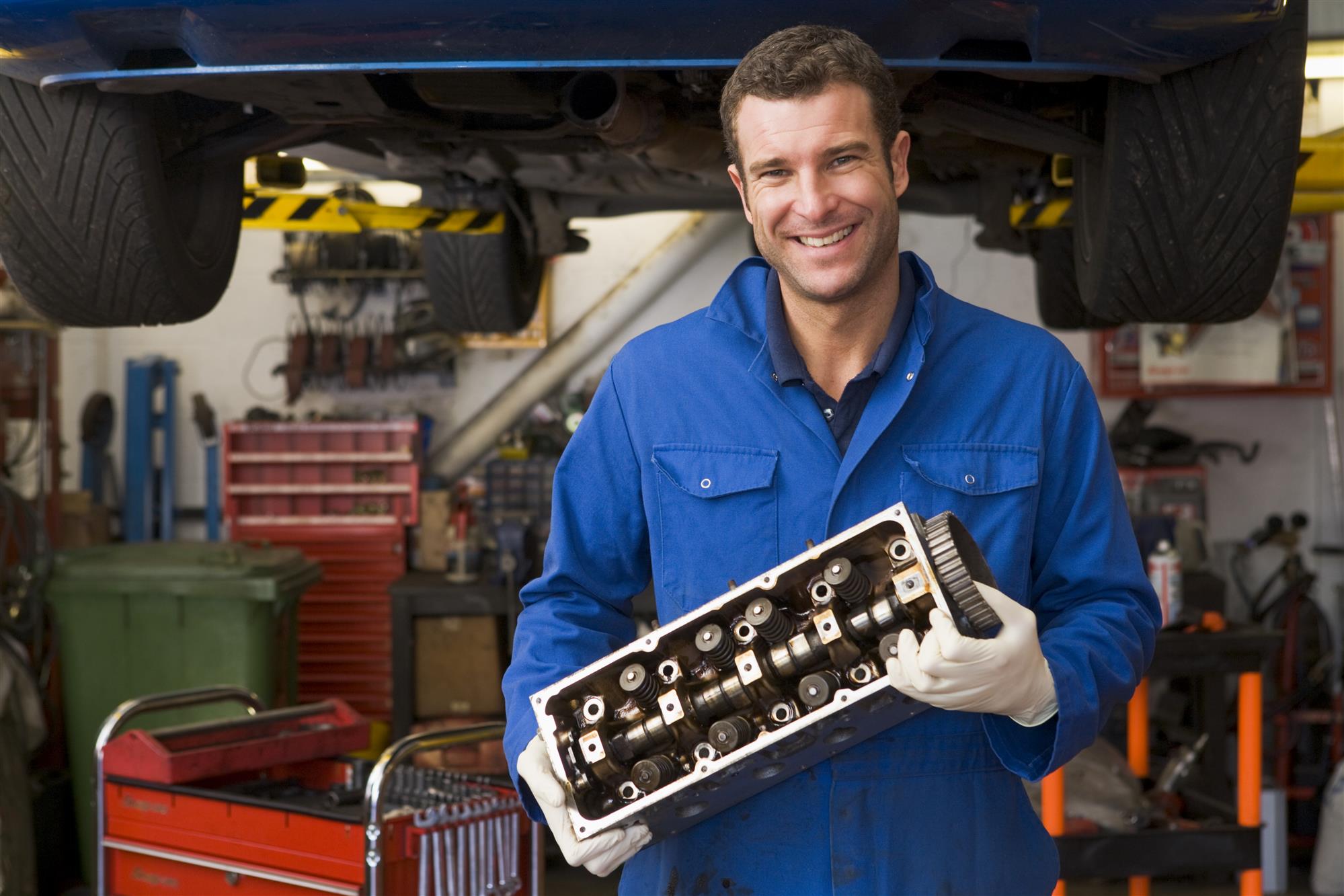Common Myths Surrounding Hiring A Certified Mechanic
For the most part, many people are clueless when it comes to even making a decision regarding how to handle an auto repair. Is this person you? Don't be clueless about such a substantial investment. Instead, stay well-informed, and you can start by paying close attention to the following helpful advice.
Make sure you get quality parts to fix your car. You can usually get better prices if you get used parts from a junk yard but there is no way of knowing how long these parts will last. Do not hesitate to spend more on brand new parts that come with a guarantee.
Purchase motor oil on sale and in discount stores and keep two or three bottles in the trunk of your car. Check your oil every time you fill your gas tank. If you find that your oil level is low, you will save lots of money by having your own oil on hand rather than purchasing it at a gas station for inflated prices.
Don't neglect your regular maintenance. These scheduled visits are not there just to get more money from you. They are designed to make sure maintenance is done on specific components before you end up stranded on the side of the road. While you might be able to skip one or two and be okay, the damage will shorten the life of your car.
When you top off your motor oil, avoid spilling oil on your engine by wadding up a couple of paper towels around the oil receptacle on the crank-case. This will absorb drips and spills. Be sure to dispose of your empty oil container and the paper towels responsibly when finished adding oil.
Always ask about the certification and the insurance of a mechanic before letting them fix your car. If something goes wrong, the mechanic's insurance will cover damages and usually provides you with a car you can drive until yours is fixed. A mechanic who is not certified does not have an insurance either.
It is a good idea to keep a small set of tools in the back of your car for minor repairs on the road. Your tool kit should have equipment to change a tire and other necessary items. If you lack a lug wrench and a jack, purchase both. Basic tools such as screw drivers, wrenches, socket wrenches, torque wrench and other basic tools are also handy to have. Don't buy low-quality tools. Get good, sturdy tools that won't break when you need them the most.
If you need to fix a scratch or paint over an area, make sure you select the right color. Check the owner's manual to see if you can find a code for the color of your car or look for a sticker located under the hood or on the driver's side front door to find the color code.
Rotate your car tires every 6,000 miles or at every other oil change. Rotating your tires on a set schedule helps ensure that they wear evenly, and thus last longer. Your car will also be easier to drive, as unbalanced tires can lead to the car pulling to one side or the other.
Replacing a charcoal canister is very expensive, but you can easily replace this part yourself. Take off the wheel located under your fuel tank and disconnect the vacuum lines connected to the old canister. The part should then come right off. Install the new one and connect the lines very carefully before installing the wheel again.
Check your tire pressure every time you fill up your gas tank. Verify that there are no nails or debris sticking out. If there's an issue, get it fixed quickly. You don't want to take any chances by driving with weak tires.
Take pictures of your entire vehicle before taking it to the shop to get repaired. This will give you proof, if your vehicle happens to become damaged while in their care. Because of this, it is advisable to get proof of what you vehicle looked like before it goes to the shop, just in case.
Before you go to a mechanic, become educated on the classification of standard car parts. Parts are classified as new, re-manufactured, rebuilt, and reconditioned, and salvage. New parts are brand new and made to the manufacturer's specification. If a part is rebuilt or reconditioned, it has simply been fixed or restored. If a used part is designated as "salvage," it has not been reconditioned.
After having read these tips, you are now ready to take on a different mindset when it comes to auto repairs. You can be happy that you know what to do, and you can now take care of business correctly. No reason for you to come out on the wrong end of any deals.

